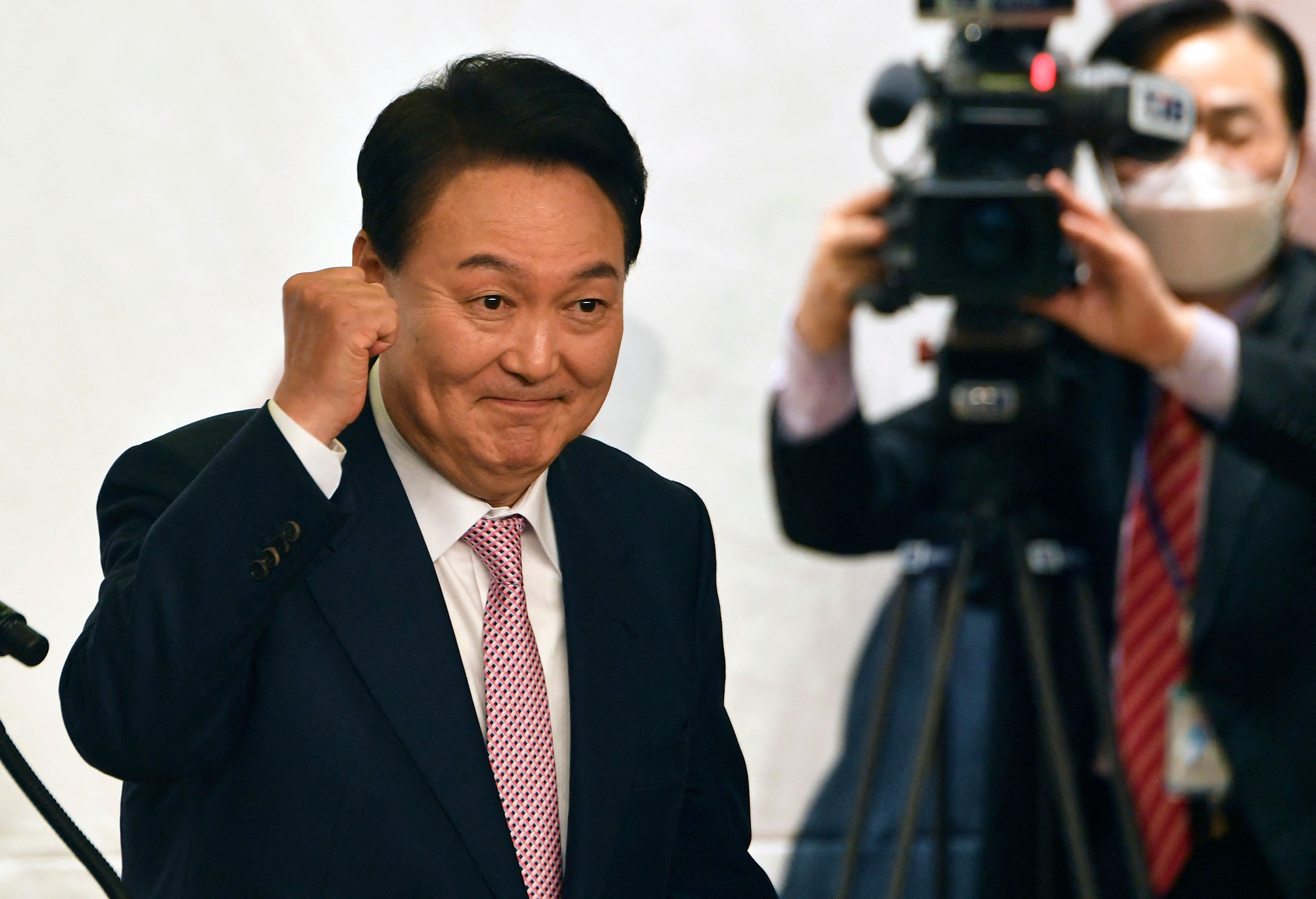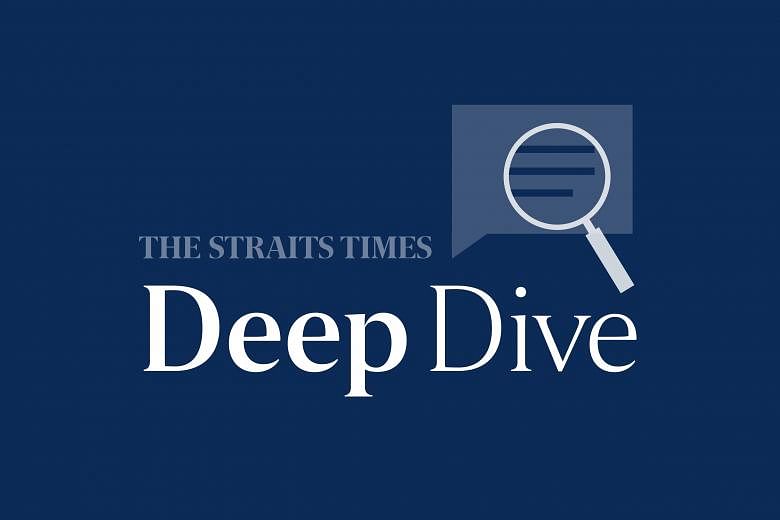South-east Asian quandary

From Singapore’s firm stance on the Russian invasion of Ukraine, to fence-sitting by states such as Vietnam and Laos, and tepid endorsement by the junta ruling Myanmar, the South-east Asian reaction to the events unfolding in Europe has been a varied one.
In this long discussion, Dr Ian Storey and Dr William Choong of the ISEAS - Yusof Ishak Institute say the war will lead to rising energy, food and commodity prices which could hinder South-east Asia’s economic recovery from the Covid-19 pandemic.
Also, some regional states will be concerned that the conflict may force the United States to prioritise security in Europe over the Indo-Pacific.
From the same institute and on the same subject, take a look at this granular piece on Vietnam’s nuanced approach from researcher Hoang Thi Ha.
And if you are curious about South Asia – where India, Pakistan, Bangladesh and Sri Lanka abstained on the UN General Assembly vote condemning the invasion – read this paper from the Institute of South Asian Studies on the economic imperatives faced by some key states.
Spheres of influence

At the heart of the Russian invasion of Ukraine is the doctrine of spheres of influence, and the physical security of a nation.
This is why Russia looks poorly on Ukraine’s quest to join Nato, as well as to apply for European Union membership.
But, despite the sympathy for Ukraine, the EU should not be overzealous in its support, advises Dr Frederick Kliem of the S. Rajaratnam School of International Studies.
The indisputable freedom of sovereign nations to choose their alliances does not, conversely, mean that alliances must or even should accept this choice.
Meanwhile, Mr Ian Hill for Sydney’s Lowy Institute on what the Ukraine war means for the Indo-Pacific.
South Korea’s new leader

Conservatives are back in power in South Korea, where People Power Party candidate Yoon Suk-yeol emerged victorious in a close election to move into the Blue House.
Given that the new leader, untested in politics, takes charge of the country at a time of immense geopolitical flux, there is keen interest in the foreign policy agenda of the president.
In this paper for Brookings, senior fellow Andrew Yeo says Mr Yoon has been a staunch advocate of the US-South Korea alliance, and he will work closely with the Biden administration in pursuit of a free and open Indo Pacific.
Most notably, he says, expect to see South Korea more actively engaging the US and other Quadrilateral Security Dialogue countries.
On the same subject, here is Khang Vu for Lowy Institute.
India in a fix

Hugely dependent on Russia for its military supplies and defence technologies such as nuclear submarines and hypersonic missiles that other nations do not easily part with, the Ukraine conflict is particularly vexing for India, given that its reluctance to condemn Moscow outright comes at a cost to its credibility.
Last week, I wrote that New Delhi is actively building a strong strategic relationship with France, which not only seems ready to part with key technologies but to also offer India critical support in the UN Security Council, where New Delhi has frequently benefited from having the Russian veto cast in its favour.
In this paper for the Lowy Institute, Dr Dhruva Jaishankar, notes that since the outbreak of hostilities, India’s position on the conflict has also evolved.
This is most apparent in the tenor of the explanation of its UN votes, which are sounding more and more critical of Moscow.
He goes on to assert that an unforeseen consequence of Russia’s decision to invade Ukraine could well be India’s further defence diversification and indigenisation.


